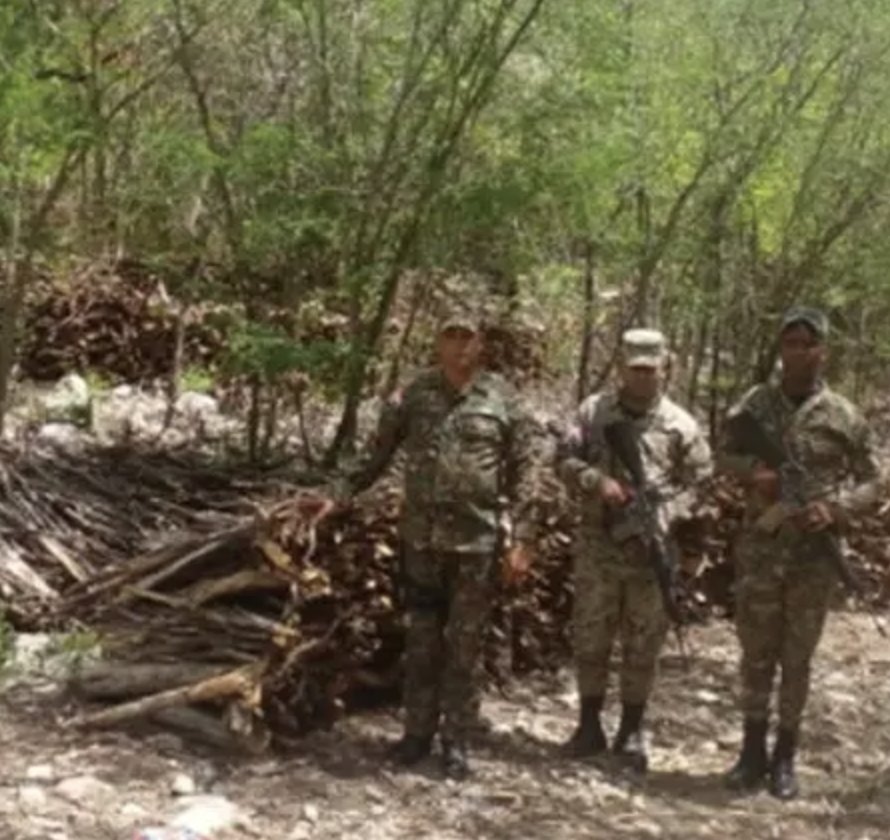
The sale of drugs in poor neighborhoods, the trafficking of guaconejo wood, chamomile leaves and charcoal, as well as the theft of livestock represent the biggest security problems in Pedernales, according to the investigation “Fragility, Resilience, Development and Investment in the Border Area” carried out by the Institute of Higher Education in Diplomatic and Consular Training of the Ministry of Foreign Affairs and the Higher Institute for Defense of the Ministry of Defense.
The sale of drugs such as cocaine and marijuana are greater in the poorest neighborhoods, where there is unemployment and a limited presence of police officers and the National Drug Control Agency (DNCD).
Cocaine is transported from Barahona along the main highway. Marijuana arrives from Haiti, both for local consumption or to be taken to other parts of the country.
At a macro level, the southwestern province of Pedernales is used for the entry of large quantities of drugs, especially cocaine from South America, mainly. They are transported by air with small planes and by sea with speed boats.
As for the guaconejo wood, it is felled and cut mainly in the Sierra de Bahoruco and is transported in trucks and by motorcycle to the border provinces, using the areas of Las Mercedes and Aguas Negras. Upon arriving in Haiti, the tree is exported to France to be used by the perfume industry.
Chamomile trafficking is carried out through the indiscriminate cutting of the leaf and is transported in trucks to the city of Santo Domingo.
Coal is trafficked by motorized vehicles and pack animals. Slash and burn are carried out in various border territories.
“The trafficking of drugs, guaconejo wood, chamomile and charcoal occurs using various routes created by organized crime associations, indicates the study.
The study states that the border with Haiti is very porous and has many points of vulnerability that allow smuggling to occur with impunity.
Regarding livestock theft, this crime mainly affects the inhabitants of rural areas, and brings many conflicts on the border, since the rustlers involved are of Haitian origin, but act in complicity with Dominicans.
The study recommends advancing security works, increasing surveillance, bringing offenders to justice, and carrying out awareness campaigns about the importance of the environment and against drug use.
Read more:
Hoy
Diario Libre
Abreu Report
26 February 2024

